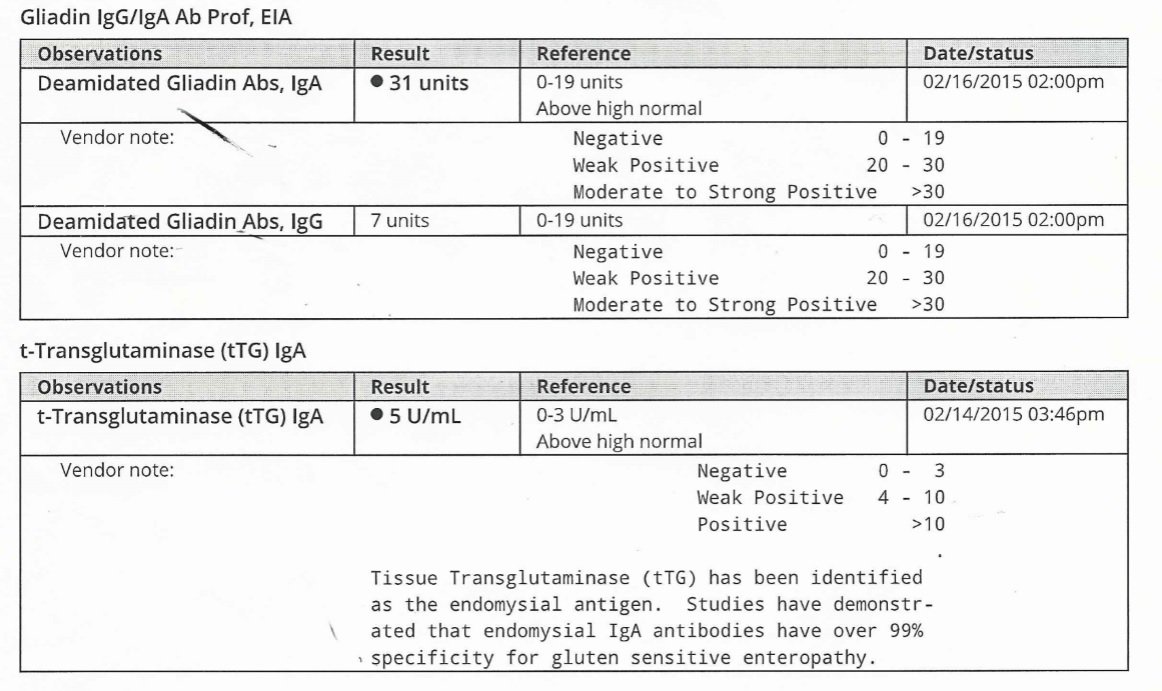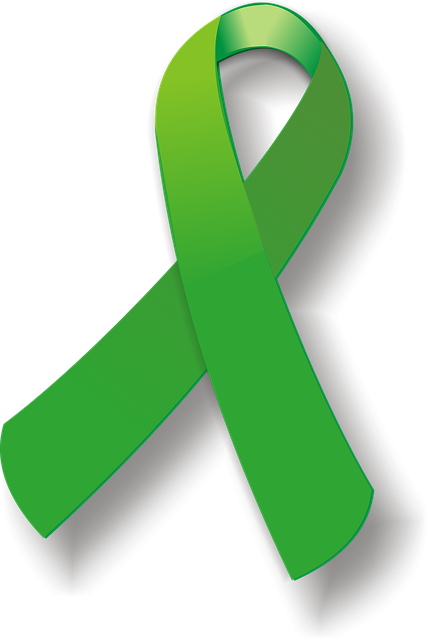My Two Celiac Diagnosis Mistakes
Struggling with health can be a challenge and not knowing what is causing your physical problems only makes it more frustrating. With virtually hundreds of symptoms, many of which overlap with other health conditions and a multistep process required by the medical profession to confirm its presence (blood testing and a biopsy), it is no wonder that a celiac disease can take years to diagnose.
There is still a lack of awareness among the medical profession about celiac and how to diagnose it. The public also lacks understanding of the disease and I was no differet than the average person before I was diagnosed. As I read more about the condition online and in forums, and in looking back on what I went through to get my diagnosis, I came to the realization that there are two very important mistakes to avoid if celiac disease is suspected as a cause of health issues. They are:
- Getting a single blood test instead of multiple different blood tests
- Eliminating gluten from the diet before a complete diagnosis is reached.
Making either of these mistakes is costly in the respect that you may not get a clear diagnosis on whether or not celiac is the cause of health issues you might be experiencing.
By shear dumb luck, I avoided making the first mistake. During my annual physical exam while talking to my doctor about what was going on with me, we both came to the realization that it would be a good idea to include blood testing for celiac to see if that might be what was causing grief in my relationship with food. My doctor happened to order a panel of tests and below are the results that came back:

So, you can see I had one test where the result was a strong positive, another where it was clearly negative, and a third that showed a weak positive. The third test, tTG IgA is probably the most common celiac test, but I can honestly say if that were the only test I would have gotten, I would have looked at the result of “weak positive” and probably discounted its meaning some. Luckily, the first test was a high enough result that it confirmed my suspicion of celiac.
There are plenty of people with celiac out there who do not show problems on certain blood tests, which is why getting an array of them is so important. Maybe at least that way, one will show there might be a problem.
The second mistake people often make was something I did in a big way. By the time I had my annual physical, I had a reasonably good idea that gluten may be a problem for me from being on a diet several months before that all but eliminated it in the foods I was allowed to eat. When I was on that diet, I couldn‘t believe how much better I felt! I tried following that diet for a few weeks again around the time I got the blood test and once again began to feel better.
The “gold standard” of a celiac diagnosis is having a positive blood test and then getting a biopsy of the upper portion of the small intestine to verify that damage has occurred from the disease. I had the positive blood test and now I just needed the biopsy to confirm it. Surely that would not take long to schedule and I called a gastroenterologist to set it up. As his assistant spoke with me, she inquired on whether or not I was still eating foods each day that contained gluten. I told her I had stopped eating food with gluten for a few weeks and she said I needed to start eating it again for the next EIGHT WEEKS at which point they could do the biopsy.
Ugh! Eight weeks of going back to eating in a way that I knew would make me feel less than well. The profession calls this a “gluten challenge” with good reason. My “gluten challenge” would have been avoided had I continued to eat foods containing gluten through the time I got the blood test and reached out to the gastroenterologist.
So, in short, if you suspect celiac disease, keep eating gluten until your medical professionals can get you in for a biopsy. If I would have done that, I would have saved weeks of delay in getting fully diagnosed and weeks of being rather uncomfortable, if not pretty sick a few days during my “gluten challenge”.
Believe it or not, it was a relief to finally receive these results from my biopsy that confirmed I had celiac disease:

Yes, I was bummed to have to leave a good sourdough bread slathered with cold butter behind, but I could now move forward in a way that I could address my negative symptoms and enjoy greater health. Bonus!!
So, in sum, do all you can to avoid making either or both of these mistakes when investigating whether or not you or a loved one has celiac. Finally, if you don‘t get a celiac diagnosis, but you figure out that you feel better avoiding gluten in your diet, eliminate it anyway and feel your best!
Good luck!
P.S. When I went through the entire process of getting a diagnosis, the people on the Pre-Diagnosis Forum at celiac.com were kind, offering support and suggestions. As I went through it I maintained my own thread so that my entire experience was captured in one place. You can link to it here, or I put it all in a downloadable PDF, if that is helpful to you.
